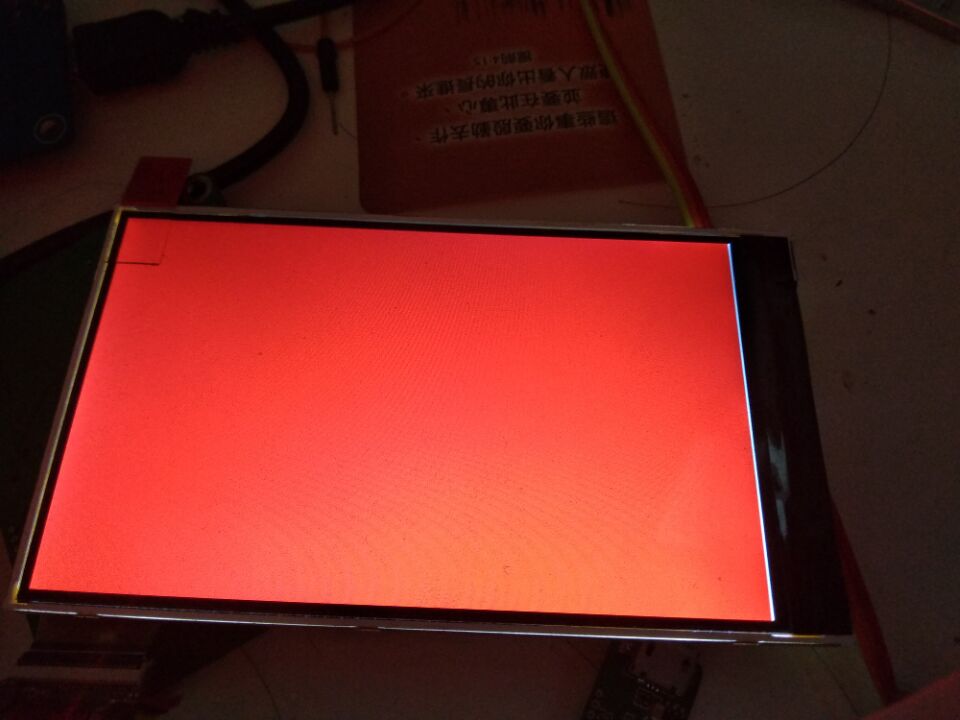Trouble, trouble… framebuffer can not work normal in VoCore2.
I guess openwrt has some limit of the /dev/ node size.
My plan of driver is like this:
Kernel Side User/Client Side Display
Framebuffer (memory) ->read vodisp agent app -> libusb
<-write other framebuffer app
For max compatible and speed, I use Simple Framebuffer driver in Linux kernel. Actually it just a free memory space used to store video data.
vodisp is a simple server read from frame buffer and send data by libusb to USB screen. And other application depends on frame buffer can directly write to frame buffer.
This should work, but get weird issue. When I write 1152000 bytes to framebuffer, I find Linux is dead, looks like internal deadlock.
This is really critical bug, even though USB display is still working, but can not compilable with framebuffer app, that is a great lose.

